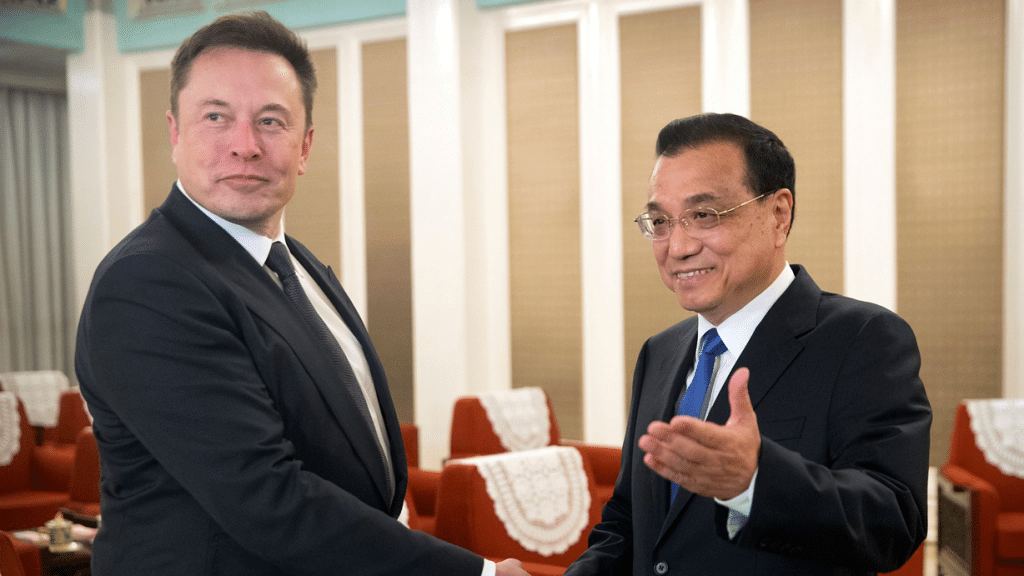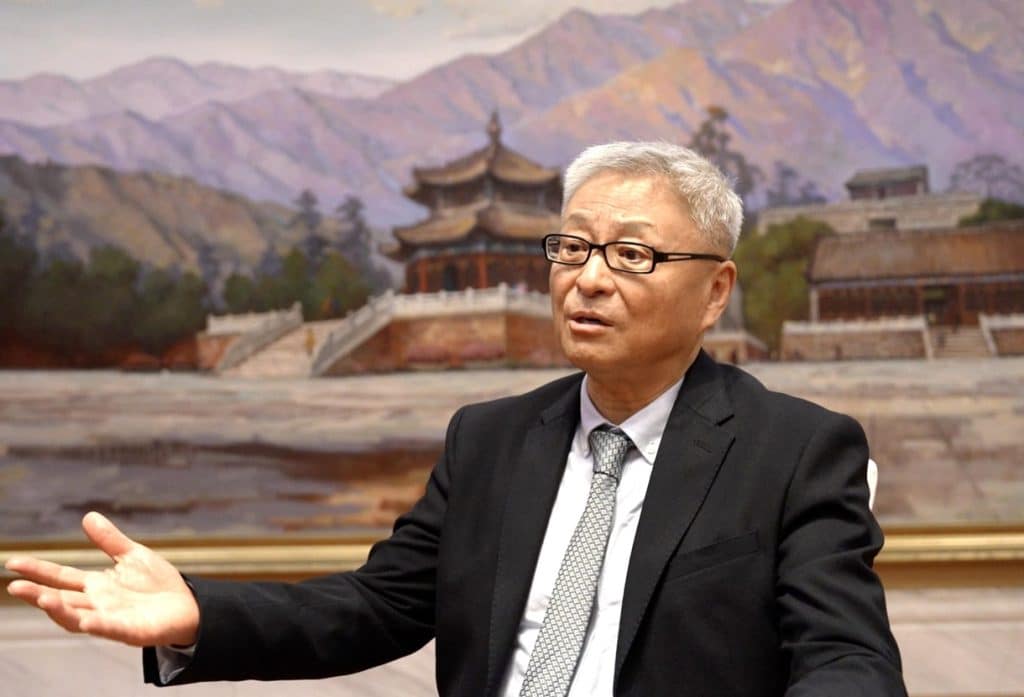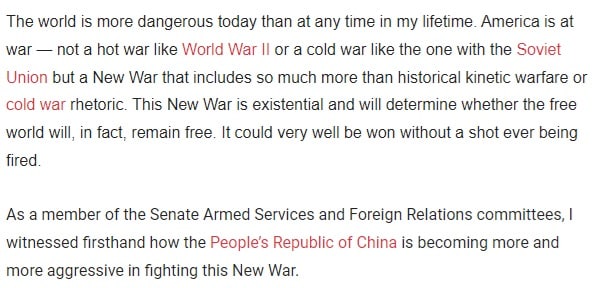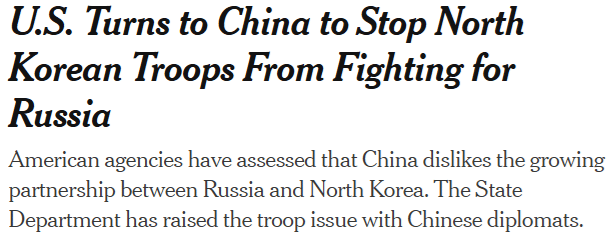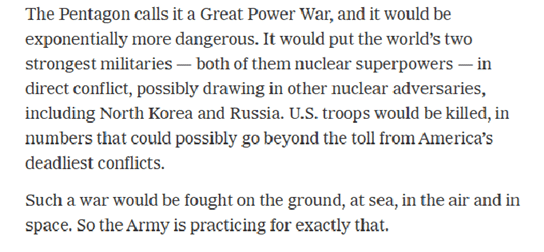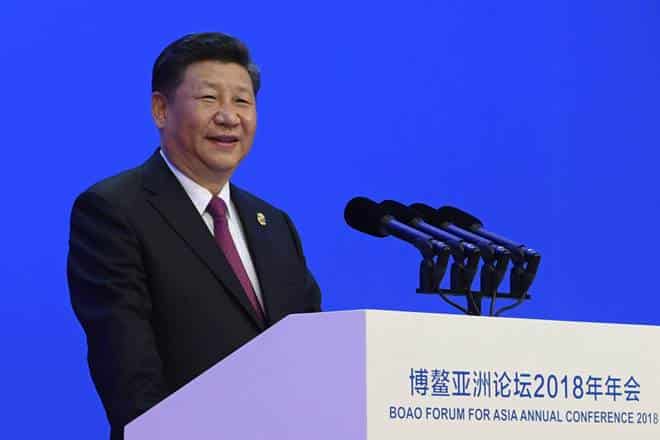Workers, Rise Up!
作者:Roger Moore 来源:US-China Perception Monitor
Leaders in China must be feeling a little embarrassed about the recent hostage situation involving Chip Starnes, CEO of Florida-based Specialty Medical Supplies, who was holed up for six days in his own factory in Beijing’s Huairou District. Starnes’ workers, fearing their employer was going to shut down the factory in Beijing and move its operations elsewhere, opted to take him hostage in order to receive severance packages and, they claim, unpaid wages. The entire debacle starkly illustrates the ineffectiveness of China’s legal system. Regardless of whether their grievances are justified, workers in China have very little faith in the country’s ability to protect their rights, compelling them to take desperate measures in order to correct perceived injustices.
Behind this unfortunate reality are two important lessons that we can take away from Starnes’ kidnapping. First, although the Chinese employees chose to take the law into their own hands in this particular instance, it is telling that they decided to act with such boldness. After decades of harsh working conditions and inadequate paychecks, the workers of China are obviously no longer afraid of standing up for their rights—even if it requires taking an American executive hostage in the country’s capital.
Not unlike many recent protests, the kidnapping underscores a determination to ensure that authorities, whether they are government officials or just simply employers, guarantee certain fundamental rights. In 2011, for example, protesters in Wukan, Guangdong Province resisted illicit land seizures and official corruption, eventually forcing the resignation of the town’s officials. Similarly, in July 2012, protests in Sichuan Province over the construction of a copper alloy plant eventually forced provincial leaders to abandon the project altogether. Holding Starnes hostage, regardless of the merits behind it, is yet another incident following in the wake of these protests that shows just how little faith the Chinese have in their own legal system.
However, although taking an employer hostage is an extreme tactic, there is a certain amount of logic behind the workers’ actions. Whereas protests are largely an internal matter that can be dealt with—and suppressed—exclusively by the Chinese government, kidnapping a foreign executive raises international concerns among companies that China’s working environment may become increasingly hostile. Without proper legal channels to address potential labor violations, who is to say that something similar will not happen again the future?
Perhaps this, more than any large-scale demonstration, might prompt the Chinese government to action. To reassure potential investors that China is a safe country in which to continue placing their money, officials might finally have an incentive to improve working conditions and to ensure that proper mechanisms are in place to address labor violations. Some businessmen, including Starnes, have already begun to warn potential investors to steer clear of China in the future. Chinese officials should take notice.
Maintaining a safe, business-friendly environment will be especially important as China moves forward because companies now have fewer incentives to invest in the country indefinitely. Higher living standards and increased national prosperity have inevitably resulted in increased wages for Chinese workers, slowly eliminating the comparative advantage of cheap labor that has been the foundation of China’s developmental model.
As a result, companies are now more likely to look elsewhere for their operations. A study in 2012 found that 40 percent of US importers and manufacturers are thinking about moving their bases away from China, while 26 percent of importers of retail goods have already begun the process. In fact, this is largely responsible for the fervor at the factory in Beijing. Starnes’ employees were initially frightened because some of the jobs were in fact being exported to India, stoking fears that the entire factory was going to follow the same path. Although their worries may be unfounded in this particular case, the incident nevertheless highlights the growing anxiety among the Chinese workforce that their jobs are in danger of disappearing.
For now, large parts of China’s undeveloped interior regions remain attractive locations for businesses trying to escape the more expensive areas on the east coast. However, even this source of cheap labor will eventually vanish, in light of China’s rapid economic growth rates. Like Starnes’ company, others will likewise opt to move some or all of their operations to more attractive countries where labor is, as it has been for 30 years in China, cheap and plentiful. If employers feel they are unsafe and cannot rely on effective mechanisms to address labor disputes, they will likely hasten their efforts to move elsewhere, creating problems for China that will be far more significant than an embarrassing hostage situation.
[divider]
Written by Roger Moore. Roger is a graduate student at Georgia State University and a current intern at The Carter Center.
Photo: American executive Chip Starnes is being held hostage at his own factory in China./ CNN
来源时间:2018/4/5 发布时间:2013/7/18
旧文章ID:15812


